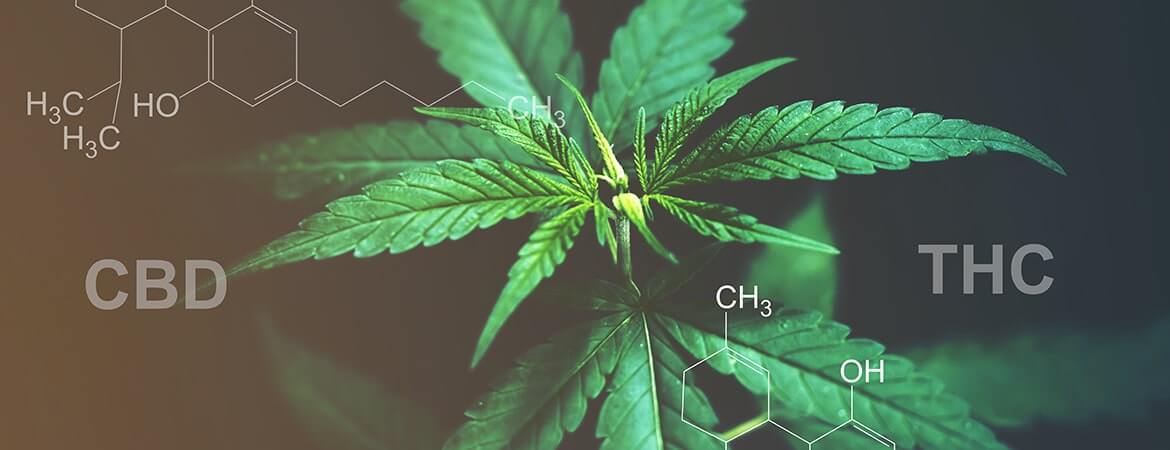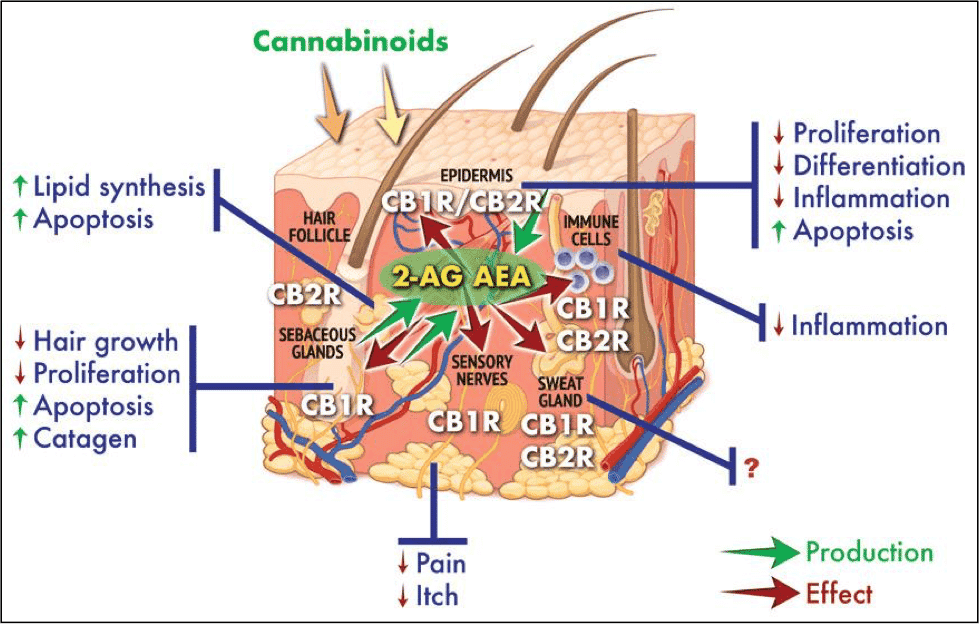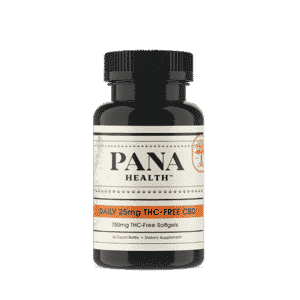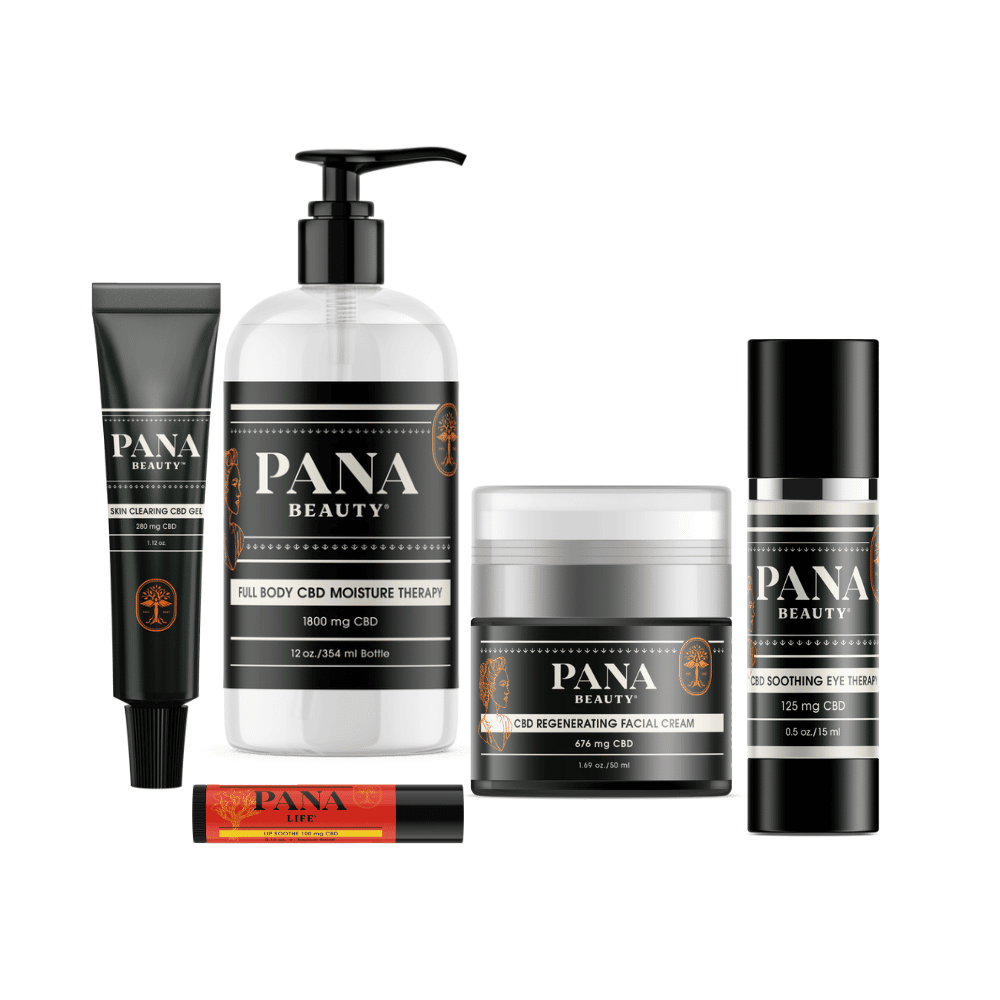In recent years, overall, the public has started to turn its eye onto cannabidiol (CBD). But why is that exactly? Part of it is because many studies have been pointing to CBD’s effect on any number of issues. This includes feelings of anxiousness. Many studies have been done on CBD and this uncomfortable feeling, but is it worth trying? Let’s talk about it.
What even is CBD?
The first thing that we need to talk about is what CBD is. There are a few misconceptions about it floating around, so it is good to clear those up.
CBD is a member of a class of chemical compounds known as cannabinoids. These compounds are found in cannabis plants, like hemp and marijuana. They are very diverse, with over 113 different ones that scientists have identified so far. There will likely be more discoveries in the future. There is one cannabinoid that you had probably heard of before you ever heard of CBD. That would be tetrahydrocannabinol (THC).
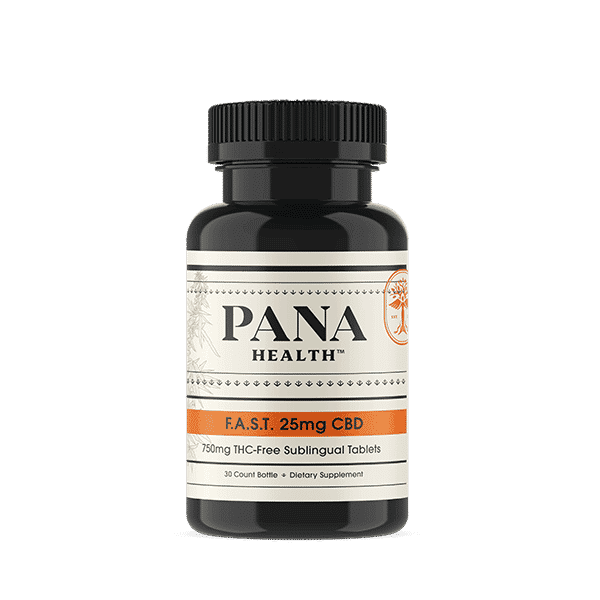
THC is as famous as it is because it is psychoactive. That means that it creates that inebriating high that is so commonly associated with cannabis plants (even though some cannabis variations do not have enough THC to cause this high). Because they are both found in cannabis plants and are both cannabinoids, it is not uncommon to think that CBD is psychoactive, just like THC. However, this is not the case. CBD does not have any psychoactive effects. It will not inebriate its users.
CBD products are usually made using hemp rather than marijuana. There are a couple of significant reasons for this. One is that hemp has exceptionally high CBD levels, but very low THC (0.3% to get specific). Marijuana, meanwhile, has high levels of THC and varying degrees of CBD. Another is that in 2018 the Farm Bill officially legalized hemp in the United States (with some restrictions in individual states). Marijuana is still federally illegal at the moment, with a handful of countries that have legalized it in one form or another.
So, that what has given you a brief overview of what CBD is. Let’s talk about how it may be able to help an anxious disposition.

-

Derma Soothe CBD + CBG Dry Skin Relief
From: $9.95 Select options This product has multiple variants. The options may be chosen on the product page -
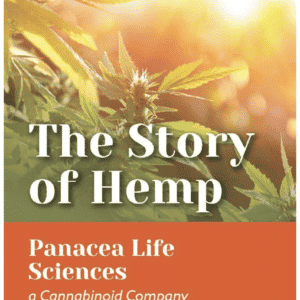
The Story Of Hemp
$14.99 Add to cart -
Sale!
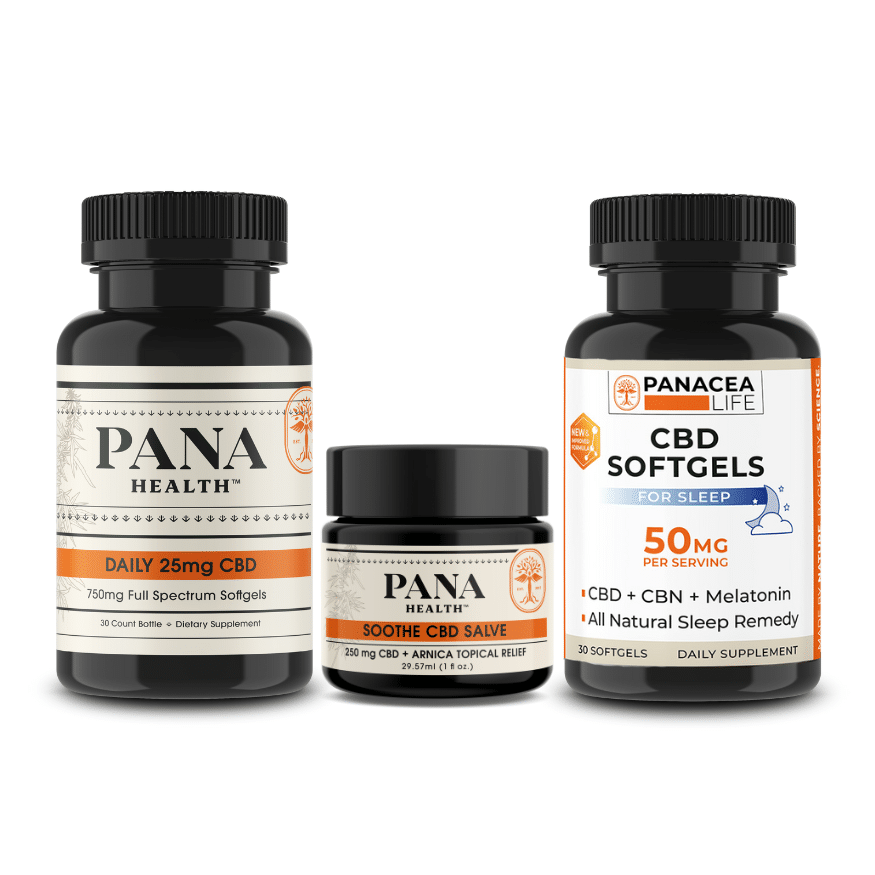
CBD Everyday Wellness Bundle
Bundle Price: $48.64 Select options
How may CBD interact with anxiety?
As mentioned above, many studies have recently been looking into CBD, precisely what it may be able to do for those with nervous dispositions. Let’s go over some of those studies.
This study had test subjects with Generalized Social Anxiety Disorder (SAD) participate in public speaking, a difficult task for those with the disorder. Some of the subjects were given CBD, while others were given placebos. The researchers concluded that those who were given the CBD were able to handle the task better than those given the placebo.
Another study looked at the effects on a little girl who had PTSD-induced anxiety and insomnia. The researchers gave her a trial run of CBD in the evenings. The test subject reported having a better, longer night’s sleep during the trial.
These studies are just a couple of examples of the many that have been done on CBD and feelings of anxiousness. As time goes on, we will understand it better. These studies suggest that CBD may be able to help those with how to have anxious dispositions.
What are the options for taking CBD?
Now that you know what CBD may be able to do to help with feelings of anxiety let’s talk about what kinds of CBD products are out there so that you can find the right options.
Topicals
CBD topicals are any product that you use on your skin that is made with CBD extract. This includes a wide range of things like lotion, salves, balms, and hand sanitizers. These are not likely to give you the same overall effect that most other CBD products may. Instead, topicals tend to have more localized effects. This is because the CBD in the topicals usually does not enter the bloodstream. They absorb in through the pores and do their work primarily where they are placed.
Tinctures & oils
These are one of the more straightforward CBD products. CBD tinctures and oils are CBD extracts that have been mixed with CBD extract. Many people like tinctures and oils because they provide some flexibility in how you take them. You can mix them in with food or drink. The one hitch in this is that the food or drink does need to digest before the CBD can start working. You can also take oils and tinctures more directly by placing a couple of drops into your mouth. This is faster because the skin under your tongue is thin. That allows the CBD to enter your system much more quickly (most tinctures and oils have flavoring, so if you do not like the earthy flavor of hemp, it should still be pleasant).
Capsules & tablets
If you would prefer to take your CBD in a pill form, there are options for you. CBD capsules are generally soft gels. That means that they are made with liquid CBD extract. This makes it so the capsules digest faster and as a result, the CBD starts working more quickly. CBD tablets are usually sublingual. That means you take them by placing one under your tongue and allowing it to dissolve. Like with tinctures and oils, the CBD absorbs through the thin skin under your tongue and enters the bloodstream more quickly.
Edibles
You can probably guess what these are. CBD edibles are any food or drink that has been made with CBD extract. These are very popular because they are easy to take and taste great. However, they do have downside. Just like with mixing a CBD oil in with your food or drink, you do need to wait for an edible to digest before the CBD can enter the system and start working. But edibles are believed to have the longest lasting effects, so there is a little bit of a tradeoff.
FDA approved medications
In recent years, the Food and Drug Administration (FDA) has approved a few different CBD-based medications. One of the biggest ones is Epidiolex, which is a medication that is aimed at helping fight epileptic seizures. Another is called Sativex. This medication is made to help keep down the spasticity that is a common side effect of MS. The other CBD based medications that have been approved by the FDA are mainly made to help deal with the nausea that is a common side effect of cancer treatments.
Research on CBD is still preliminary, but it is still promising. Current research points to CBD maybe being a good option for those who struggle with a nervous disposition. So, should you try it? Possibly. It is worth talking to your healthcare provider about it. CBD may be able to help you achieve greater peace of mind.

